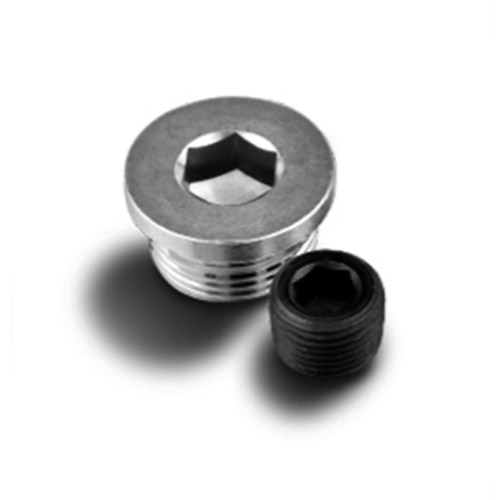

Exploring the Benefits of Thin Stainless Steel Washers for Various Applications
Aug . 19, 2024 11:58 Back to list
Exploring the Benefits of Thin Stainless Steel Washers for Various Applications
The Importance of Thin Stainless Washers in Engineering and Construction
In the realm of engineering and construction, small components often play crucial roles in the functionality and durability of larger systems. Among these, thin stainless washers are essential yet often overlooked elements that contribute significantly to the integrity and performance of mechanical assemblies. This article delves into the importance, applications, and advantages of using thin stainless washers in various industries.
Understanding Thin Stainless Washers
Thin washers are typically flat discs made from stainless steel, which possess a central hole to accommodate a bolt, nut, or screw. Their primary function is to distribute the load of a fastener, thereby preventing damage to the surface being fastened and reducing the likelihood of loosening due to vibrational forces. Stainless steel, known for its corrosion resistance, strength, and aesthetic appeal, is the preferred material for these washers, especially in environments subject to moisture, chemicals, or extreme temperatures.
Applications Across Industries
Thin stainless washers are versatile components used in various applications across multiple industries, including automotive, aerospace, construction, and electronics. In the automotive sector, for instance, they are critical in providing stability and preventing wear in critical areas such as suspension systems and engine components. Similarly, in aerospace, these washers are used to ensure safety and reliability in fastened assemblies that must withstand rigorous flight conditions.
thin stainless washers

In construction, thin stainless washers play a vital role in ensuring the stability of structures. They are commonly used in securing large metal beams and plates, enhancing the overall load-bearing capacity of a structure while preventing flaws that could arise from stress concentration. Additionally, in the electronics industry, they can be found in circuit boards and housing assemblies, where their ability to withstand corrosion is invaluable.
Advantages of Thin Stainless Washers
One of the primary advantages of using thin stainless washers is their ability to prevent galling, a common issue when two metal surfaces come into contact under stress. The smooth surface of the washer mitigates this problem, reducing friction and wear. Moreover, stainless steel washers provide excellent resistance to corrosion, making them suitable for outdoor applications or environments with high moisture levels, such as marine or chemical processing facilities.
Another significant benefit is their lightweight nature. Thin stainless washers can provide the necessary support without adding substantial weight to the assembly, which is critical in aerospace and automotive applications where every gram counts. Their thin profile also allows for more efficient use of space, making them ideal for compact designs.
Conclusion
In conclusion, thin stainless washers may seem like small, insignificant components at first glance, but their contribution to engineering and construction is profound. They enhance the safety and longevity of assemblies, prevent damage due to wear and corrosion, and improve overall performance in various applications. As industries continue to prioritize efficiency and durability, the demand for high-quality thin stainless washers is likely to grow, underscoring the importance of this essential yet often underestimated component in modern engineering solutions. Whether in heavy machinery, delicate electronics, or robust structures, the role of thin stainless washers is undeniably pivotal in ensuring reliability and performance across a multitude of sectors.
Latest news
-
High-Strength Hot Dip Galvanized Bolts - Hebei Longze | Corrosion Resistance, Customization
NewsJul.30,2025
-
Hot Dip Galvanized Bolts-Hebei Longze|Corrosion Resistance&High Strength
NewsJul.30,2025
-
High-Strength Hot-Dip Galvanized Bolts-Hebei Longze|Corrosion Resistance&High Strength
NewsJul.30,2025
-
Hot Dip Galvanized Bolts-Hebei Longze|Corrosion Resistance&High Strength
NewsJul.30,2025
-
Hot Dip Galvanized Bolts - Hebei Longze | Corrosion Resistance, High Strength
NewsJul.30,2025
-
High-Strength Hot Dip Galvanized Bolts-Hebei Longze|Corrosion Resistance, Grade 8.8
NewsJul.30,2025

